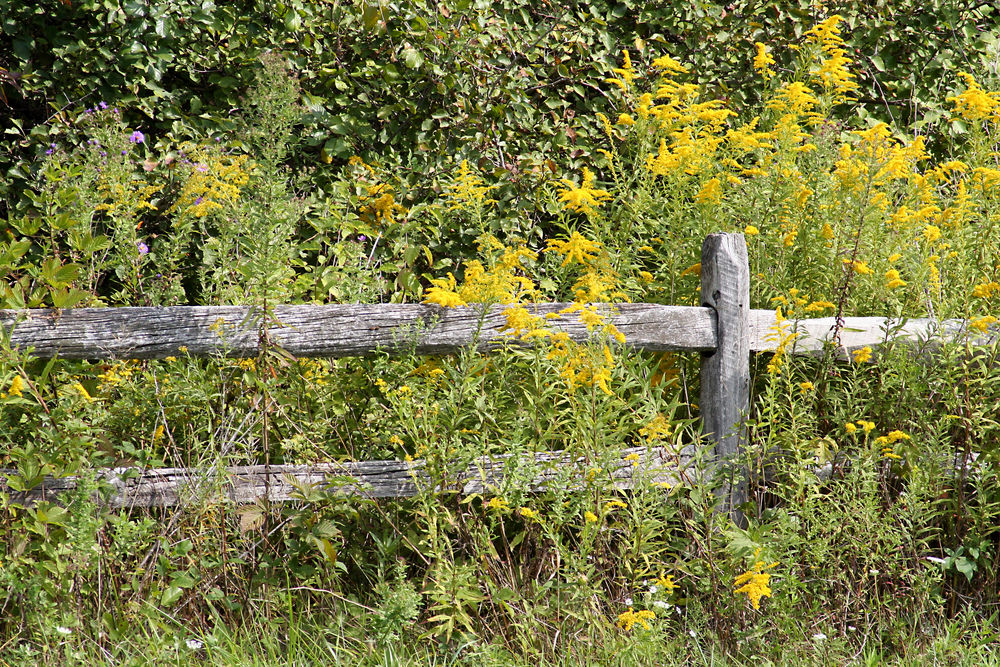Does Autumn Mean Seasonal Allergies For You?
Learning how to avoid allergy triggers and finding the right treatment can make a big difference. Immunologist Juan Carlos Guarderas,M.D., at the Sinus Clinic at Mayo Clinic in Florida, explains how seasonal fall allergens can affect our health and how we can deal with possible complications. A chronic allergy problem can be managed when we have a clear diagnosis and an action plan to help us avoid complications and disruptions to our daily life.
Reduce your exposure to allergy triggers
- Stay indoors on dry, windy days — the best time to go outside is after a good rain, which helps clear pollen from the air.
- Delegate lawn mowing, weed pulling and other gardening chores that stir up allergens.
- Remove clothes you've worn outside; you may also want to shower to rinse pollen from your skin and hair.
- Don't hang laundry outside — pollen can stick to sheets and towels.
- Wear a dust mask if you do outside chores.
Journalists: Sound bites with Dr. Guarderas, in English and Spanish, are available in the downloads. B-roll of fall fauna and a person sneezing are also in the downloads.
SPANISH SCRIPT:
El Dr. Juan Carlos Guarderas, inmunólogo, Sinus Clinic de Mayo Clinic en Florida, explica cómo los alergenos de la temporada de otoño afectan nuestra salud y cómo prepararnos para lidiar con las posibles complicaciones de las alergias. Unproblema crónico de alergias se puede manejar siempre y cuando se tenga un diagnóstico claro y un plan de acción para evitar complicaciones e interrupciones a su rutina diaria.
[mayoNnVideoDownload]








